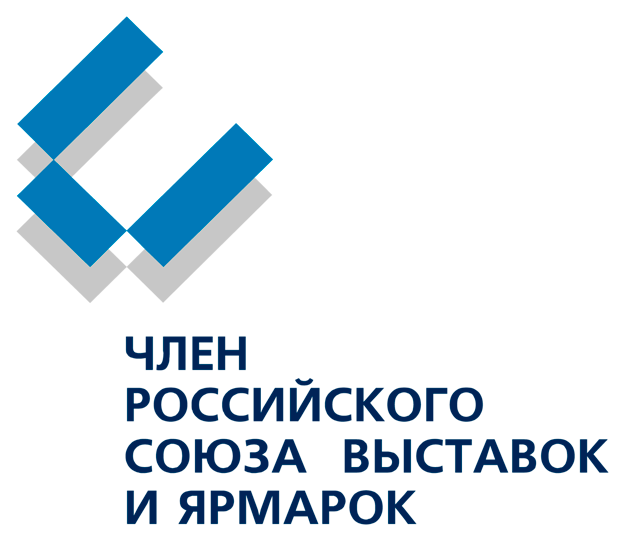WTO: salvation or threat?

The opening ceremony of the "EurAsEC Agro 2012 " Congress was held today at the International Exhibition Center "Novosibirsk Expocentre. The Congress is intended to create the conditions for cooperation between agricultural producers and suppliers, with the participation of the scientific community in the “EurAsEC” market.
“The Eurasian Economic Commission, on its first year and a half of existence has made possible a common economic space. We have no borders between Belarus, Russia and Kazakhstan. The relationship has been set up in a way which enables a single competition policy” says Nurlan Aldabergenov, Board Member of the Eurasian Economic Commission. “The work we are carrying out at the event in which we are participating today demonstrates that the will of our governments is to seek the convergence of our peoples, creating new competitive relationships that will contribute to the development and maintenance of a single economic space.
One of the key issues discussed at the Congress was Russia's accession to the World Trade Organization. Many experts do not see this step as a panacea for our country, especially in terms of agriculture.
“Globalization is not the only path for Russia to achieve development. General economic globalization could be recognized but probably not any time soon, maybe in 100, 200 or even 300 years,” says Sergey Lisovsky, Deputy Chairman of the Federation Council’s Committee for Agriculture, Food Policy and Environment. “The main idea of the WTO is creating a global economy, but that is not happening as we can see it in reality, just look at the war between America and China. To perceive the WTO as the solution to many economic problems is probably wrong. It’s more understandable the integration at EurAsEC, because behind it there are thousands of years of common history, cultural and economic ties.
Mr. Lisovsky’s position is shared not only by farmers, but also by representatives of federal ministries and agencies. According to a study described in the "EurAsEC Agro 2012", many business executives, academics and officials are skeptical of the positive effects of Russia's accession to the WTO. Many have questioned the need for full membership to the World Trade Organization. The only thing in which most of the respondents agree is in that this move will accelerate the modernization of the agricultural sector.
From this perspective it was interesting to hear the presentation by the company which is perceived in the world as the embodiment of globalization. The "McDonalds" restaurants have been working for more than half a century, and today more than 33,500 exist in many countries around the world. In Russia alone there are 330 restaurants open, and the easternmost of them is located in Tyumen. Until recently, the company supplied salads for this restaurant by plane, flying the ingredients from western Russia, meanwhile, the basic ingredients for the famous French fries are still imported. However, representatives of the Russian branch of the company still plan to supply its restaurants with domestic products by the year 2020 in order to reduce the risk of currency fluctuations, according to the "Strategy 2020" plan. The company’s requirements to partners and suppliers are also quite high: from the quality of the product to corporate social responsibility. Can local producers ensure compliance with these standards? Will the right variety of potatoes grow in Siberia or more than 1 million Russians every day will order "McDonald's" French Fries from Europe? Time will tell.
Back




